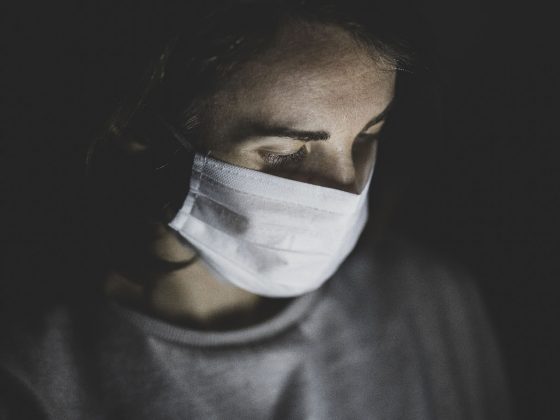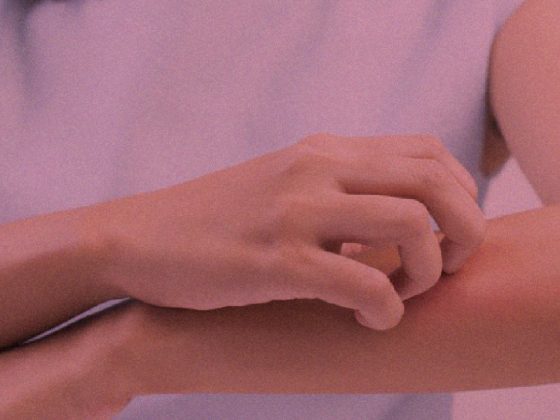If you're reading this post, perhaps you're more worried about the coronavirus pandemic than your hives. After all, you know: in recent times, the world's main attention has been on a single disease: COVID-19.
During this period, many followers from 3000dias came to me asking what to do with their treatments, scheduled appointments and so on.
It's true that the pandemic has made us prioritize what's really essential and important – and that's a very good thing. But have you ever considered that your care for urticaria should be part of this priority line?
Treatments for CSU and other types of hives should not be stopped. Maybe you are afraid of going to an appointment due to exposure to the external environment, but remember to look for alternatives to do this in the best way possible. There are some technologies to help you in this case, such as telemedicine.
BUT WHAT ABOUT OMALIZUMAB?
You may have heard that some medications make patients more vulnerable to contracting the virus. This warning was given especially to immunosuppressive medications.
However, the CDD (Crônicos do Dia a Dia) – NGO focused on chronic diseases – defines very well what these medications that use immunosuppression are:
“Immunosuppression is, in a very simplified way, decreasing immunological activity or efficiency. In many autoimmune diseases, for example, immunosuppression is important to reduce disease activity, which is why people take immunosuppressive medications. In other cases, immunosuppression is a side effect of treatments.”
It is interesting to know these definitions to know that the Omalizumab is not an immunosuppressant. In this way, the guidance of ASBAI (Brazilian Association of Allergy and Immunology) and also the SBD (Brazilian Society of Dermatology) is that treatment continues normally and is not interrupted during this period.
It is worth remembering that any and all decisions to continue or interrupt treatments must be evaluated with the doctor responsible person who accompanies the patient in their pathology.
Therefore, we invited the dermatologist Dr. Paulo Ricardo Criado to answer some questions and clarify more about these points with us.
3000days: Hello Doctor, great to have you here to help us talk more about urticaria, treatment and the coronavirus pandemic. The main question is: should we fear the use of Omalizumab to treat CSU in difficult times like these?
Dr. Paulo: There is no recommendation in any scientific article that indicates greater risk to the patient using the treatment nor that the medication should be stopped. Not even for antihistamines, which must also be maintained.
3000days: Is there any type of medication that should be stopped?
Dr. Paulo: High dosage corticosteroids should be avoided. This is because corticosteroids can reduce the patient's immune response and thus worsen the condition of covid19.
Finally, we here at 3000dias would like to highlight the importance of remaining calm. We are in a mix of feelings and sensations that only reveal our vulnerability.
We know that this is a matter of great concern and that we are all concerned. But it is important to look at the disease we already have, follow the treatment recommendations we already make, without losing sight of the improvement we are already seeking.
I know this is all quite a challenge. But keep counting on 3000dias to face this journey together 🙂




Recent Comments